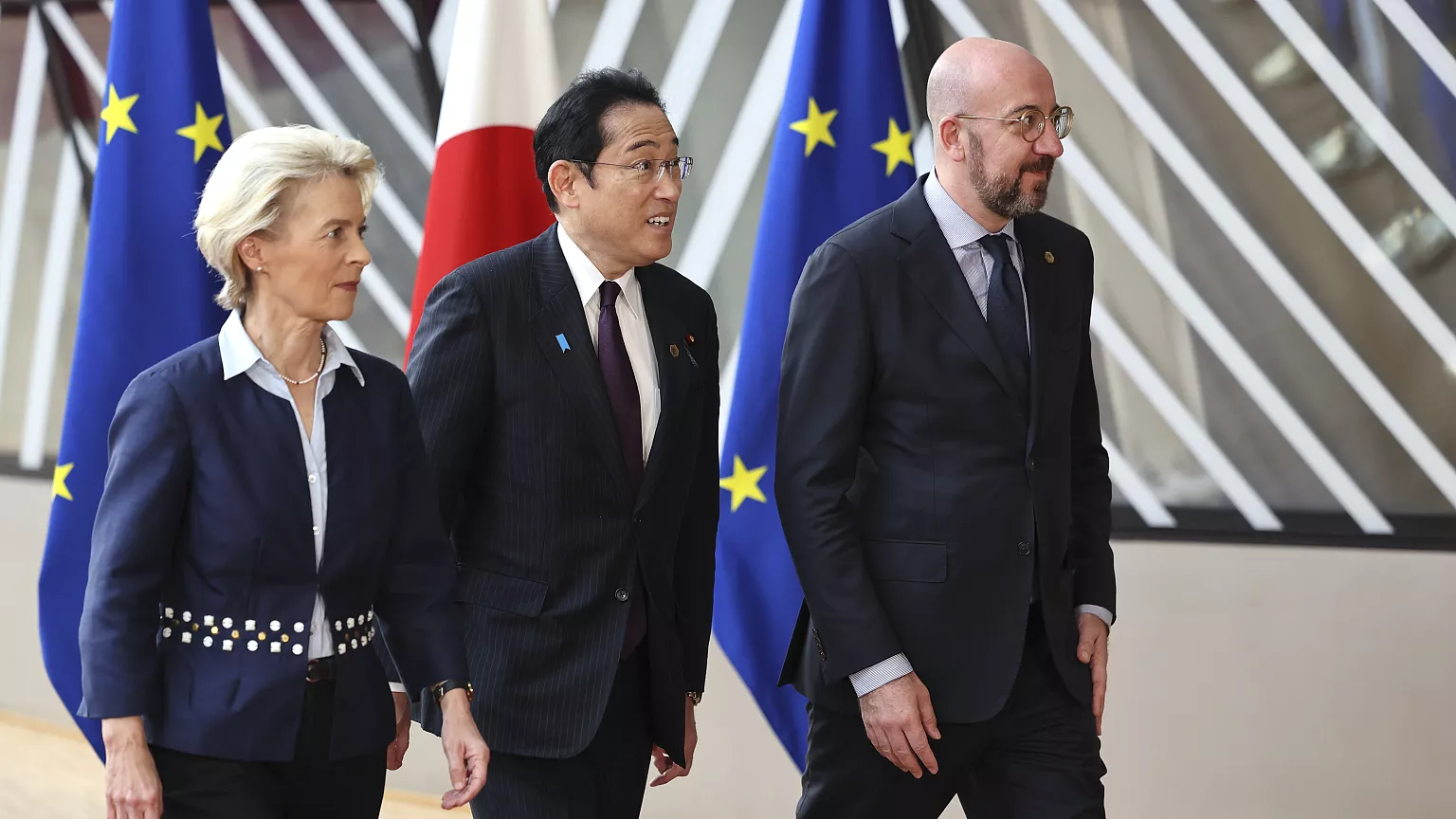At the 2025 World AI Conference in Shanghai, Chinese Premier Li Qiang urged the international community to prioritise joint efforts in governing AI, making reference to a need to establish a global framework and set of rules widely accepted by the global community. He unveiled a proposal by the Chinese government to create a global AI cooperation organisation to foster international collaboration, innovation, and inclusivity in AI across nations.
An Action Plan for AI Global Governance was also presented at the conference. The plan outlines, in its introduction, a call for ‘all stakeholders to take concrete and effective actions based on the principles of serving the public good, respecting sovereignty, development orientation, safety and controllability, equity and inclusiveness, and openness and cooperation, to jointly advance the global development and governance of AI’.
The document includes 13 points related to key areas of international AI cooperation, including promoting inclusive infrastructure development, fostering open innovation ecosystems, ensuring high-quality data supply, and advancing sustainability through green AI practices. It also calls for consensus-building around technical standards, advancing international cooperation on AI safety governance, and supporting countries – especially those in the Global South – in ‘developing AI technologies and services suited to their national conditions’.
Notably, the plan indicates China’s support for multilateralism when it comes to the governance of AI, calling for an active implementation of commitments made by UN member states in the Pact for the Future and the Global Digital Compact, and expressing support for the establishment of the International AI Scientific Panel and a Global Dialogue on AI Governance (whose terms of reference are currently negotiated by UN member states in New York).
Would you like to learn more about AI, tech and digital diplomacy? If so, ask our Diplo chatbot!










